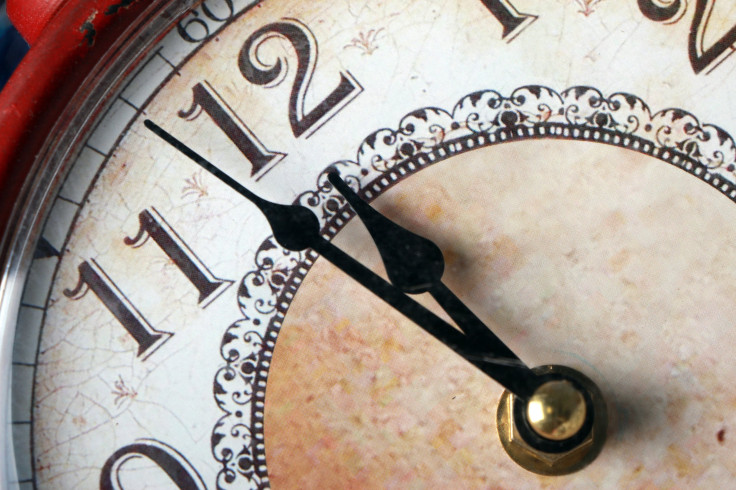The 'Return Trip Effect' Is Real, But Only When It's A Round Trip

We like to think of time as an objective force that allows us to pace our lives accordingly.
2 o’clock, July 6. Our birthday. All anchors upon which we hoist our physical and mental beings onto. But though time can be seen on a ticking watch or flipped-through calendar, it’s just as often felt. Boredom is slower than excitement; a cold winter night drags in comparison to a breezy afternoon; and the return trip home from work or school always feels quicker than how long it took to get there in the first place. Right? In a PLOS ONE study released this week, researchers decided to test out that last one for themselves, finding that there might be actually something to the return trip effect, but only under certain conditions.
The study authors noted that previous studies have either neglected to include a control or only tested for short periods of time (40 seconds in one study), so they set out to build a more robust experiment. The authors simulated a trip by showing 20 participants two recorded movies of a 26-minute-long walk down an unfamiliar neighborhood. Half the participants were treated to a riveting tour of two different areas, while the other half saw their avatar walk across one neighborhood and return back the same way in reverse.
To test how and when the return trip effect happens, the authors had their subjects estimate when about three minutes has passed, every three minutes, until the end of the walk; they also asked them afterward how long each trip had taken. The former condition would represent someone actively thinking about the time they’re spending on each trip, while the latter represented someone’s later recollection of the trip. Only when the subjects were made to experience a round trip did the return effect happen, the authors found. But the walk back only consistently felt shorter in retrospect, upon having to think back to it, not when they were trying to be aware of the time. "By comparing the round-trip condition and the non-round-trip condition, it was confirmed that the return trip does actually make us feel that time is shorter," they concluded. "Moreover, our two methods of time estimation suggest that the return trip effect does not affect the timing mechanism itself, but rather our feeling of time postdictively."
Thought the authors didn’t find anything definitive in their physical measurements of heart rate to explain why their subjects' brains thought the return back was shorter, they speculated that familiarity might have played a role. "During the second session, participants in the control group might have felt that they would have to watch another long dull movie," they wrote. "In contrast, participants in the round-trip group might have been relaxed because they would know it from past experiences of return trips that the return trip would seem short." Other possible reasons for the effect include the possibility that while someone might need to get to their destination urgently, the return trip is comparatively stress-free, thus we pay less attention to how long it takes. The fear that we might get to a dinner date 15 minutes late eases when strolling back home with someone hand-in-hand.
Though it may seem strange that researchers used a home movie to test their subjects, the method allowed them to control for outside factors that might have otherwise polluted their results. And they hope there’s only more exploration on this fascinating quirk of the human mind. "For future research, it would be interesting to test the contribution of the awareness of 'return' because this semantic labeling may be a major factor in inducing the cognitive bias of the return trip effect," they wrote. "Moreover, neuroimaging studies could provide insight into how time is perceived in ecological situations."
Source: Ozawa R, Fujii K, Kouzaki M. The Return Trip Is Felt Longer Only Postdictively: A Psychophysiological Study of the Return Trip Effect. PLOS ONE. 2015.



























